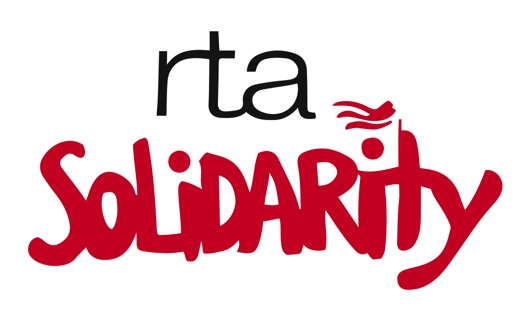(Bill Cala is former superintendent of the Fairport school district and served as interim superintendent
of the Rochester district.)
Regarding CITY’s September 30 article on activists’ push for more minority teachers: I strongly
support concerned community members seeking the hiring of more teachers of color in the Rochester
City School District. When I was interim superintendent in 2007, school board member Cynthia Elliot
made this an issue. I publicly supported her position in the media, for which I received notable
pushback from a number of sources.
Context is integral to teaching and learning. Where a child comes from, his or her culture, her
neighborhood, her family, and her overall history is a context essential to the relationship that must
be created between teacher and student in order to promote healthy academic engagement.
A diverse teaching staff brings that context to life with teachers that are from the same cloth as their
students. That is not to say that a white teacher cannot care, nurture, and relate to students of color.
Nonetheless, the importance of role models who have walked the very personal walk of their
students should not be understated.
Encouraging the hiring of teachers of color should not be a slam on the current teaching staff,
however. Teaching in the city is a difficult and noble job that should be honored, not deprecated,
irrespective of the color of the teacher in the classroom. Rochester city teachers are a remarkable
group of dedicated, caring, and compassionate individuals working against very formidable odds.
Barbara Deane-Williams rightfully deserves credit for hiring a diverse senior administration. This
should logically be the first important step in hiring a diverse teaching staff. Who better to screen
candidates of color than administrators of color who have been through very similar life experiences?
It is the administration’s job to hire and the board’s job to set the policy. If the Rochester Board of
Education has made hiring a diverse staff a priority, then it should give the superintendent that
charge, hold her to it, and let her do her job.
The board’s screening of candidates in executive session is crossing a policy line into the worst kind
of micro-managing. The board is not an administrative body but rather one of policy. Actions such as
these are counterproductive and more than subtly send a message of lack of confidence and
mistrust.
The board gets the final word, however. Its members can either accept the recommendation of the
superintendent or reject it. They have every right to scrutinize the entire package presented to them,
but they should not be acting in lieu of the superintendent.
I am not suggesting minimizing the role of the board. In fact, legislation unique to Rochester was
passed in the 90’s that gave the superintendent the power to hire his or her cabinet without board
approval. I was opposed to this usurping of the board’s authority then and remain adamantly against
it today. The board should be the final say when it comes to matters of hiring professional staff.
But where are teachers of any race coming from? It doesn’t make a difference if those going into the
profession are black, brown, Asian, or white, the numbers of college students going into teaching are
at an all-time low. Teacher preparation programs from coast to coast have shrunk dramatically.
California’s programs are down 53 percent, while New York and Texas are right behind them.
The bottom line is that finding a diverse staff in 2017 and beyond will be more difficult than ever as
the percentage of candidates of color remains constant in an ever-shrinking anemic pool.
While the effort to hire teachers of color should be an important mission of the school district, we
must not forget the other important factors that impede learning in cities. One has to look no further
than the annual reports by the Children’s Agenda. If we look at kindergarten readiness, pre-natal
care for mothers, and a host of other health and safety issues for city kids, we get a more complete
picture of the gestalt that makes up school success and failure.
The research on brain development is strong and convincing. As the Children’s Agenda’s 2016 annual
report notes: “75% of brain growth and 85% of intellect and personality are formed before children
attend their first day of kindergarten.”
We may also wish to question segregated schools in both the city and the suburbs. Should any
school district be 90 percent white? Should any district be 90 percent black? Where is the political
will to change that? Talk of schools like those in Raleigh and votes supporting such integration efforts
are meaningless without action. We have heard this kind of talk for decades. In fact, we are more
segregated in 2017 than we were during the riots of the 60’s.
Hiring a diverse teaching staff is critically important, as is addressing the socio-economic needs of
city children and families. Action, not talk, on ALL fronts is crucial if we expect our kids to succeed.

